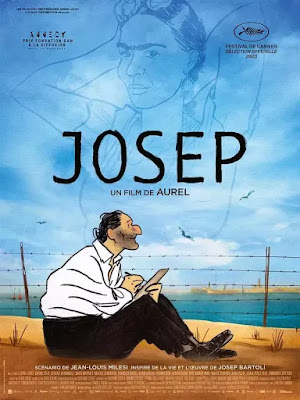In 1835 the agricultural worker Rivière (1815-40) carried out the murders in a small village in Calvados (14), Normandy, where he was born. He was sent to Beaulieu prison in Caen, where he killed himself in 1840.
Pierre's mother had shown little interest in him after the birth of his sister Victoire, and his parents – living in Aunay-sur-Odon – split up when he was four years old, which had a strong mental effect on him. Inexplicably, his mother then gained custody of Pierre, who was very attached to his father. The couple continued to meet and have children.
When Pierre was ten his mother (described by Pierre as 'hysterical') threw him and his sister Aimée out of the house and they went to live with the father. In 1934 Pierre's mother, who was financially bleeding her husband, violently threatened the father in front of her son. Wanting to defend his father, on 3 June of that year Pierre took a billhook and slit the throats of his mother (who ws pregnant at the time), his sister Victoire, and his young brother Jules. He spent a month wandering about 600 km living on grasses and roots until he was discovered.
Pierre didn't tell any lies, told those examining him that he had wished to protect his father, and his very well-written forty-page 'autobiography' is a highly remarkable piece work. Pierre's lawyer gathered doctors together, who came to the conclusion that the balance of his mind had been disturbed since he was four. On 12 November 1835 Pierre was found guilty of murder, although the death sentence was commuted to life imprisonment.
This is a remarkable film, and Allio's assistant Nicolas Philibert, now well known for his documentary film Être et Avoir (2002), revisited it thirty years later in his film Retour en Normandie (Return to Normandy) in 2007.


































